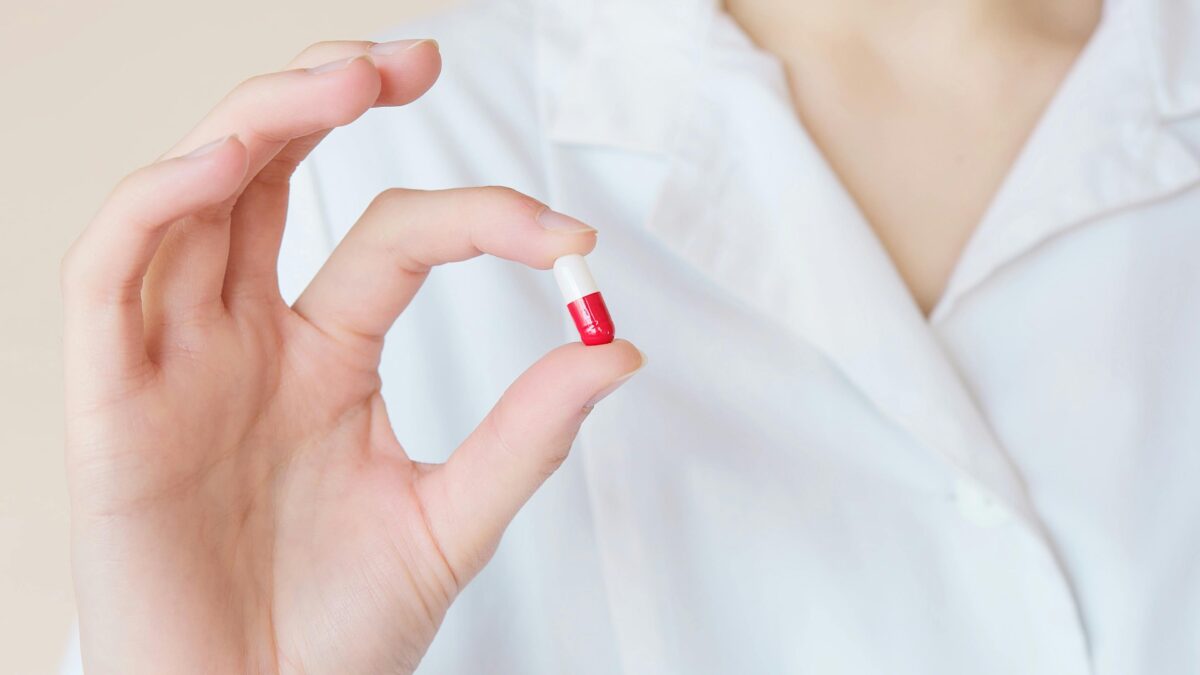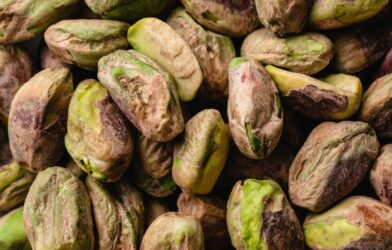Imagine this: a tiny pill filled with a type of bacteria could make a life-saving cancer treatment work better. It might sound like something out of a science fiction movie, but a new study in Nature Medicine suggests this is a real possibility. Researchers found that adding a live bacterial supplement to a two-drug combination for a type of advanced kidney cancer significantly boosted the treatment’s power, shrinking tumors in more than 7 out of 10 patients. This surprising discovery is opening up a new and exciting front in the fight against cancer, right inside our own bodies.
A New Approach to an Old Problem
For years, doctors have been using powerful two-drug regimens to fight metastatic kidney cancer. One of the leading combinations is cabozantinib, which works by blocking the signals that tell cancer cells to grow and form new blood vessels, and nivolumab, an immunotherapy that unleashes the body’s immune system to attack cancer.
Scientists wondered if they could make this already effective treatment even more potent. They turned their attention to the gut microbiome—the trillions of bacteria living in our digestive system. It’s a bustling community of microorganisms that scientists are only just beginning to understand. It turns out that a healthy gut microbiome can help keep our immune system in top shape. The researchers hypothesized that a specific bacterial supplement called CBM588 might enhance the body’s natural defenses and, in turn, supercharge the cancer drugs.
A Small Trial, A Big Surprise
The study was a small, early-stage trial involving 30 patients with advanced kidney cancer. For 13 weeks, one group of patients received the standard two-drug treatment, while a second group received the same drugs plus a daily pill of the CBM588 supplement. The researchers were primarily looking for an increase in a specific type of “good” bacteria, Bifidobacterium spp., which they thought the supplement would encourage.
The initial results were a curveball. The CBM588 pill didn’t cause a significant increase in the Bifidobacterium spp. they were looking for. However, something completely unexpected happened. When the researchers looked at how well the treatments worked, they found a striking difference. A whopping 74% of the patients who took the bacteria pill saw their tumors shrink, compared to only 20% of the patients who didn’t take it. What’s more, the patients on the supplement lived longer without their cancer progressing, with a progression-free survival rate of 84% at six months, versus 60% in the other group.
The Power of the Gut
So, if the CBM588 pill didn’t work the way they thought it would, how did it have such a powerful effect? The researchers are now digging deeper into this question. They found that the supplement did make other changes to the gut microbiome, including increasing a family of bacteria called Ruminococcaceae. Other studies have linked higher levels of this bacteria to a better response to immunotherapy. The supplement also led to an increase in vitamin K2, which has been shown to have tumor-fighting properties.
The findings from this trial provide compelling evidence that our gut microbiome is a critical, and still largely untapped, player in the fight against cancer. While more research is needed, this study suggests that doctors may one day be able to use simple, well-tolerated supplements to make existing, expensive cancer therapies work better for more people.
Paper Summary
Methodology
This was an open-label, randomized, Phase 1 clinical trial. It included 30 participants with advanced kidney cancer. The participants were divided into two groups: one received a standard two-drug treatment (cabozantinib and nivolumab), and the other received the same treatment plus a daily oral dose of a live bacterial supplement, CBM588. The study measured changes in the gut microbiome, objective response rate, progression-free survival, and toxicity.
Results
The primary goal of the study—increasing a specific type of gut bacteria called Bifidobacterium spp.—was not met. However, the study found that the group receiving the CBM588 supplement had a significantly higher objective response rate (74%) compared to the control group (20%). This group also had a better progression-free survival rate at six months (84% vs. 60%). The addition of the supplement did not increase the number of severe side effects.
Limitations
The primary limitation of the study is its small size, with only 30 participants. The authors also noted some differences in the baseline characteristics of the two groups and acknowledged that certain key biological samples could not be analyzed, which limited their ability to fully understand the mechanism of action.
Funding and Disclosures
The trial was supported by Exelixis Inc., with the bacterial product CBM588 supplied by Miyarisan Pharmaceutical Co., Ltd. and Osel Inc.
Publication Information
The paper is titled “Cabozantinib and nivolumab with or without live bacterial supplementation in metastatic renal cell carcinoma: a randomized phase 1 trial” and was published in Nature Medicine.












